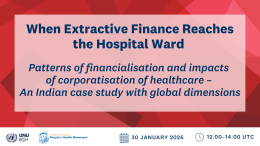FAST has released an insight briefing titled, “Lessons from the Survivor Inclusion Initiative (SII) in the UK, US, and Canada.” This report provides valuable insights into the experiences of those involved in the SII, highlighting the successes, barriers, and case studies of the initiative.
The report was based on an independent Expert Review, commissioned by FAST to mark the third anniversary of the SII, and was carried out between November 2021 and April 2022. This resulted from extensive research and interviews with key stakeholders, including survivor support organizations, financial institutions, and survivors.
It also highlights the importance of changed banking practices that are more trauma-informed and customer-focused, such as the development of bespoke financial products for survivors and alternative customer due diligence when standard documentation is not available. These practices have not only made banking more accessible to survivors but have also increased their protection from re-victimization and enabled their access to payments of financial compensation/remediation.
SII is a financial access project launched in September 2019 in the UK, US, and Canada by FAST. It brings together financial institutions and survivor support organizations (SSOs) to work towards facilitating survivors’ access to basic banking services, such as checking and savings accounts.
Since 2019, the SII has grown to include fourteen participating FIs (eight in the US, two in the UK, one in Austria, and three in Canada) and thirty SSOs (twenty- six in the US, two in the UK, and two in Canada). Approximately 2,000 accounts have been opened from SSO referrals across the three countries.



